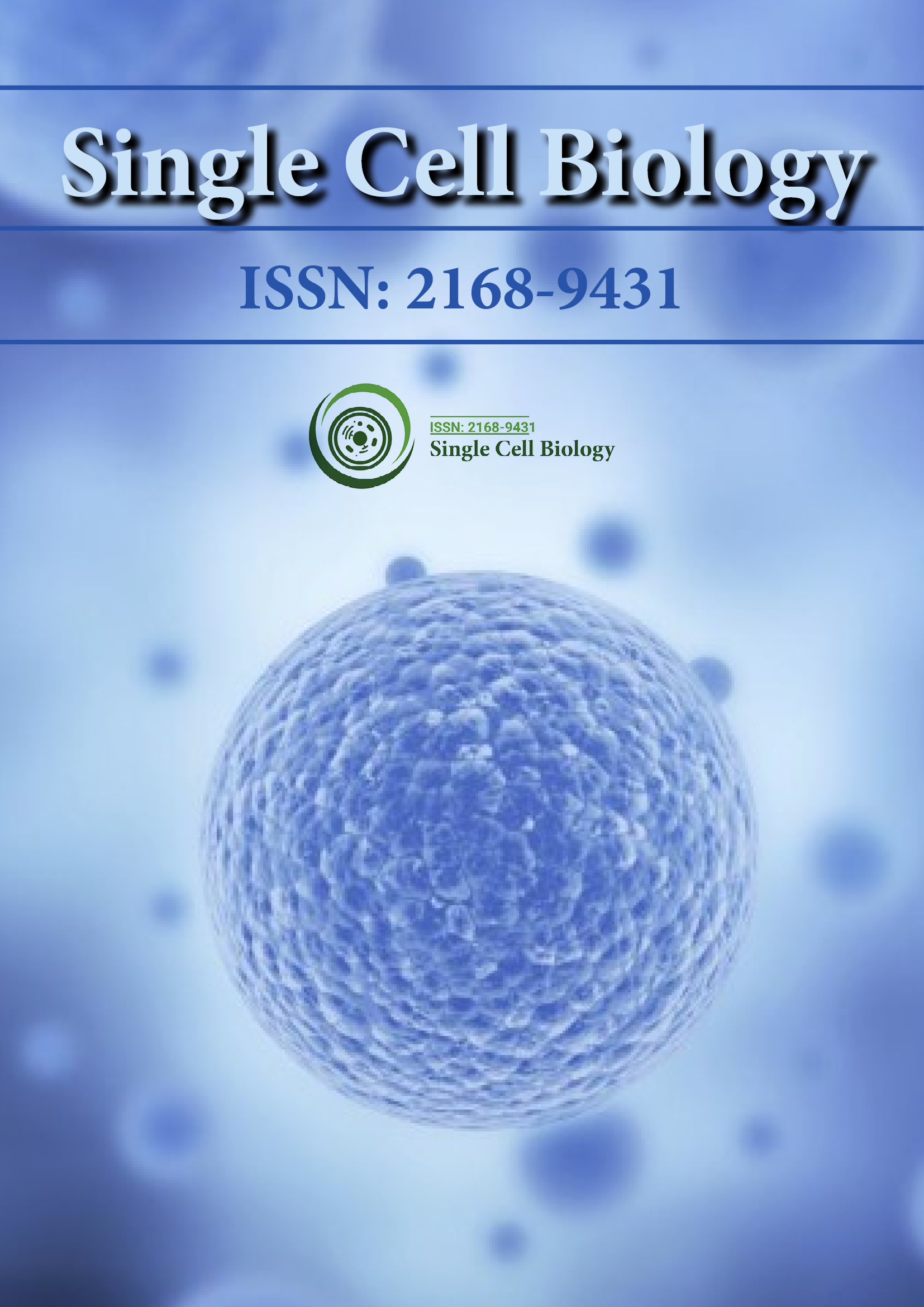Indexed In
- ResearchBible
- CiteFactor
- RefSeek
- Hamdard University
- EBSCO A-Z
- Publons
- Geneva Foundation for Medical Education and Research
- Euro Pub
- Google Scholar
Useful Links
Share This Page
Journal Flyer

Open Access Journals
- Agri and Aquaculture
- Biochemistry
- Bioinformatics & Systems Biology
- Business & Management
- Chemistry
- Clinical Sciences
- Engineering
- Food & Nutrition
- General Science
- Genetics & Molecular Biology
- Immunology & Microbiology
- Medical Sciences
- Neuroscience & Psychology
- Nursing & Health Care
- Pharmaceutical Sciences
Commentary Article - (2021) Volume 10, Issue 3
Immunohistochemistry Specializations and Advantages
Halil Yildiz*Received: 01-Sep-2021 Published: 22-Sep-2021, DOI: 10.35248/2168-9431.21.10.010
Description
Immunohistochemistry (IHC) is a technique for recognizing antigens or haptens in cells of a tissue segment by taking advantage of the standard of antibodies restricting explicitly to antigens in organic tissues. The IHC procedure was developed during regularly utilized as a significant device in medical care and pathology for example symptomatic purposes or to delineate patients for streamlined treatment systems. IHC is likewise generally utilized in research where particles of interest are broke down to consider both sound and infected cells and tissues on the sub-atomic, cell or tissue level. There are various approaches to perform perception of focuses in tissues utilizing IHC or IHCbased techniques, and various conventions exist for various applications and measures. Despite the fact that IHC is by and large a vigorous and set up strategy, new tests frequently need cautious streamlining relying upon the tissue or on the properties of the objective protein, cover particle as well as columnist framework.
Numerous long periods of specialized turn of events and the tremendously expanded accessibility for explicit restricting particles have significantly worked on the helpfulness and spaces of uses for IHC. The advancement in the field of IHC-based methods and reagents has empowered researchers and medical services suppliers with more exact instruments, measures and biomarkers. What's more, specialized advances have empowered for example profoundly delicate concurrent identification of numerous proteins in a similar example, and the discovery of protein-protein associations. The tissue assumes a focal part in the trial and it is significant that it is handled so epitopes and appropriate morphology is protected. The most widely recognized handling for IHC is to get ready formalin-fixed paraffin-implanted tissue blocks. The reason for formalin obsession is to deliver synthetic cross-connecting of proteins inside the tissue. This ends every single cell interaction and freezes the cell parts at the spot and in the adaptation they were in at the hour of obsession and furthermore forestall corruption. After satisfactory obsession, the tissue is additionally prepared and at last inserted in paraffin blocks, which are then segmented into slim cuts (normally 4-10 μm) utilizing a microtome. The segments are moved to glass slides and permitted to cling preceding further handling.
Different techniques for obsession other than formalin are now and again utilized. These incorporate different kinds of aldehydes or utilizing diverse liquor arrangements. The most ideal decision of fixative is a lot of ward on the measure. A typical option in contrast to FFPE is to plan frozen tissue tests. For this situation, the tissue is inserted in a cry defensive medium and frozen, and obsession is performed post-segment. Frozen tissues are separated in cryostats and enjoy the benefit of short handling times and of better safeguarding of touchy epitopes, however can regularly be sub-par compared to FFPE tissues as far as saving histological morphology. The quality and explicitness of the limiting particle is critical for any IHC based procedure, and the decision of cover can straightforwardly influence the result, dependability, and perhaps at the same time the understanding of the test. Antibodies are by a wide margin the most well-known sort of restricting atom utilized for IHC, and albeit most antibodies can enough distinguish the right particle of interest, they may likewise change extraordinarily in their particularity for their expected objective. Antibodies with high particularity are consequently more dependable when deciphering "on track" restricting, since they produce practically no restricting or foundation. Antibodies that are less explicit can create more askew restricting, and the subsequent foundation will perhaps meddle with the right understanding of the valid on track signals.
There are two fundamental kinds of antibodies; polyclonal antibodies which are a heterogeneous blend of antibodies that tight spot various epitopes on the objective and monoclonal antibodies that all tight spot a similar epitope. Polyclonal antibodies are regularly exceptionally intense because of their capacity to recognize and tie various epitopes on a similar objective. Notwithstanding, the epitopes they tie are frequently inadequately characterized and with different and fluctuating epitope-specificities comes the improved probability of off-target restricting occasions and foundation clamor. Be that as it may, the intensity of polyclonal antibodies can be favorable since the convergence of restricting events around the on track atom generally offsets potential foundation commotion. A disadvantage is that polyclonal antibodies are typically restricted assets since they are gotten from creature sera. Monoclonal antibodies, paradoxically, have greater coherence since they can be created in hybridoma cell lines. Monoclonal antibodies are additionally regularly obvious as far as epitope restricting, however can in any case create results that are difficult to decipher if the explicitness is low or on the other hand if the objective epitope is available in low abundance.
Citation: Yildiz H (2021) Immunohistochemistry Specializations and Advantages. Single Cell Biol. 10:010.
Copyright: © 2021 Yildiz H. This is an open access article distributed under the terms of the Creative Commons Attribution License, which permits unrestricted use, distribution, and reproduction in any medium, provided the original author and source are credited.
